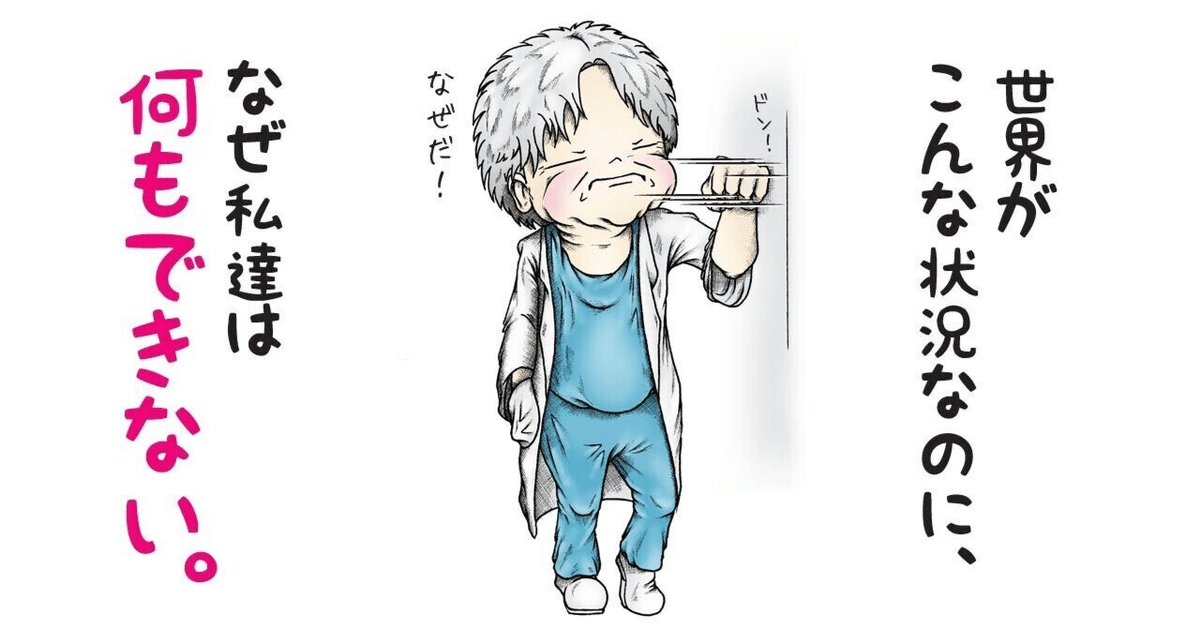
コロナ特例終了後の企業倒産増加と資金繰りの問題点
Summary
・コロナ特例終了、資金繰りの崖 8月の倒産最大の54%増
・政策で抑え込んできた企業倒産が増勢を強めている。
・今年1〜8月の件数は前年同期比37%増え、8月は新型コロナウイルスの感染拡大後で最大の54%増だった。
・実質無利子・無担保融資(ゼロゼロ融資)や社会保険料の納付猶予など資金繰りを支えてきた特例措置が切れ、一転して重荷になっている。
・CDショップ運営のミュージック・テイト(東京・新宿)はコロナ禍で店舗イベントが縮小したことなどが響いて業績が悪化。
(日経新聞9月9日朝刊 一部抜粋)
Introduction
新型コロナウイルスの影響が未だに尾を引いていますが、企業への影響も深刻です。政府による支援策が緩和されたことで、特に中小企業は資金繰りに困窮し、倒産件数も増加しています。
Discussion
コロナ特例措置の終了
新型コロナウイルスが拡大する中、政府は多くの支援策を打ち出しました。実質無利子・無担保融資(ゼロゼロ融資)や社会保険料の納付猶予などです。これらの特例措置が終了するにつれ、資金繰りが厳しくなる企業が増えています。
倒産件数の増加
今年1〜8月における企業倒産は前年同期比で37%増加し、特に8月は54%増という高率でした。これは、特例措置が終了し、資金繰りが厳しくなった結果と言えます。
実例:ミュージック・テイト
CDショップを運営するミュージック・テイト(東京・新宿)も、この影響を受けています。コロナ禍で店舗イベントが縮小され、業績が悪化しているとの報告があります。
解決策と今後の展望
企業が資金繰りで困窮しないように、政府は再び支援策を考えるべきです。特に、中小企業や個人事業主に対する支援が必要です。例えば低金利の長期ローン提供や税制優遇などはいかがでしょうか。
Conclusion
新型コロナウイルスの影響は長期化しており、企業への打撃も大きいです。特例措置が終了することで、資金繰りが一層厳しくなっています。この問題に対する迅速な対応が求められます。
"Increase in Corporate Bankruptcies and Cash Flow Issues After the End of COVID-19 Special Measures"
Summary
・End of COVID-19 special measures leads to a 54% increase in bankruptcies in August.
・Corporate bankruptcies, which have been suppressed by policy, are gaining momentum.
・From January to August this year, the number of cases increased by 37% compared to the same period last year, with August showing a maximum increase of 54% since the spread of COVID-19.
・Special measures like zero-interest, unsecured loans, and deferred social insurance payments, which had supported cash flow, have expired, becoming burdensome instead.
・Music Tate, a CD shop operator in Tokyo's Shinjuku district, has seen a decline in performance due to reduced in-store events during the pandemic.
(Excerpt from Nikkei Newspaper, morning edition, September 9th)
Introduction
The impact of COVID-19 is still lingering, and it's severely affecting businesses. With the relaxation of government support measures, small and medium-sized enterprises (SMEs), in particular, are struggling with cash flow and experiencing an increase in bankruptcies.
Discussion
End of Special Measures
Amidst the spread of COVID-19, the government rolled out numerous support measures, including zero-interest, unsecured loans, and deferred social insurance payments. As these special measures come to an end, more companies are struggling with cash flow.
Increase in Bankruptcy Cases
Between January and August this year, corporate bankruptcies have increased by 37% year-on-year. August alone saw a spike of 54%, likely due to the end of special measures and increasingly tight cash flow.
Case Study: Music Tate
Music Tate, a CD shop based in Tokyo's Shinjuku district, is also feeling the impact. There are reports of declining business performance due to scaled-down in-store events amidst the pandemic.
Solutions and Future Prospects
The government should consider rolling out new support measures to prevent companies from struggling with cash flow. Support for SMEs and individual business owners is especially needed. Options like offering low-interest long-term loans or tax incentives could be effective.
Conclusion
The long-term impact of COVID-19 continues to heavily affect businesses. With the end of special measures, cash flow issues are becoming even more severe. Prompt action is required to address this issue.
この記事が気に入ったらサポートをしてみませんか?
